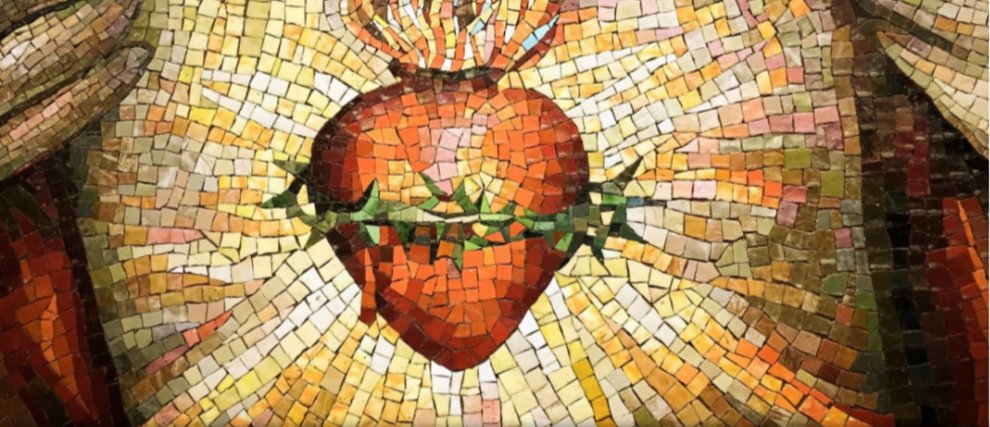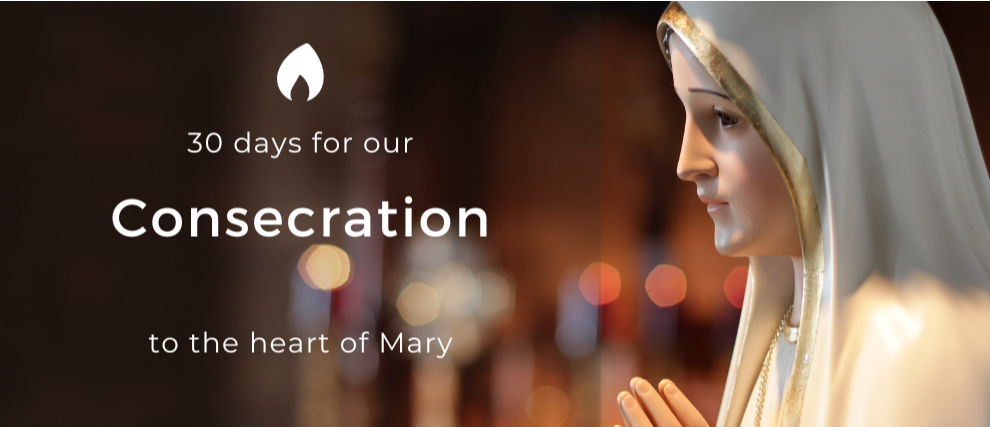Saint John Henry Newman
Biography of Cardinal John Henry Newman
John Henry Newman was born on February 21, 1801 in London to a non-practicing Anglican family. He was the eldest of six children. In 1816, at the age of 15, he had a spiritual experience that he called his first conversion: "a great change took place in my thought, this conversion concentrated all my thought on only two beings: myself and my creator". John Henry was a brilliant and prodigal student, enrolled at Oxford University. After several years of study, he became a teacher and associate at the age of 21. In 1824 he was ordained deacon of the Church of England, and a year later he became an Anglican priest at Oxford. From 1826 to 1832 he served as a tutor and passionately continued his study of the Fathers of the Church. At this time a difficult period began for the Church of England, and John Henry went to the Mediterranean and lived in Sicily, where he fell seriously ill and almost died.
Returning to England in 1833, Newman and his friends set out to oppose state interference in the life of the Church, and to refound their Church in an apostolic tradition, the birth of the Oxford movement. In 1842, he wrote his Essay on the Development of Christian Doctrine. John Henry then wondered what Church the Fathers would join if they returned today. In 1843, "Newman saw his situation clearly: his doubt about the truth of the Church of England was stronger than his doubt about the Roman Church." He then renounced his office as parish priest. He himself would say that his conversion was "an entrance into fullness rather than a rupture." He was received into the Catholic Church on October 9, 1845. The consequences of this decision were terrible: he lost his job, his income, his benefits; his friends abandoned him and his family rejected him.
In 1847, he entered the congregation of the Oratory and was ordained a priest on May 30th. He then deepened his knowledge of Saint Philip Neri and the Oratory. He founded several Oratories in England: in Maryvale, Birmingham and London. In 1851, he was appointed Rector of the Catholic University of Dublin, a post he held until 1854.
In 1864, Charles Kingsley published a slanderous article on the Catholic clergy and asked Newman to justify his words. Newman gave his answer in the publication of the apologia pro vita sua. This work was at the origin of his immense influence and allowed him to win the favor of the Catholic clergy as well as the Protestants. Pope Leo XIII made him cardinal on May 15, 1879. His motto sums up his journey: "the heart speaks to the heart", that is, the heart of God speaks to the heart of man. He spent the last 11 years of his life in his community and died in Birmingham on August 11, 1890, at the age of 89. A recognized speaker, he is the author of many sermons and essays.
Cardinal John Henry Newman was declared Venerable by John Paul II and Blessed in 2010 by Benedict XVI. On October 13, 2019, Pope Francis celebrated his canonization. He is the first canonized Englishman, apart from the many martyrs, in 500 years. His celebration is October 9.
Work and Legacy of Cardinal John Henry Newman
John Henry Newman is one of the great Christian thinkers of the nineteenth century; his thought marked the Second Vatican Council. A theologian, historian, philosopher, preacher, novelist, poet, accompanist and spiritual guide, Newman is the author of more than forty books. Among his books are twelve volumes of sermons, and he has also written a vast correspondence of great interest, published in 32 large volumes. Some of his writings were translated into German by Edith Stein. In 1990, Cardinal Joseph Ratzinger affirmed that Newman is one of the “great teachers of the Church.”
Newman was particularly devoted to education, and many Catholic student organizations are now called “Newman Societies” or “Newman Centers” in his honor.
Quotes from Saint John Henry Newman
Holiness: “Holiness, that is the great goal. It’s a fight and a trial.”
The Church: “It is not the Church that imposes the faith on the faithful, but it is faith that obliges them to accept the Church”.
The Christian life: “We are not called once, throughout our lives, Christ calls us. He calls us ever further, from grace to grace, from holiness to holiness.”
“Being a Christian is one of the most wonderful and impressive gifts in the world.”
Man and his Creator: “Whoever you are, God considers you individually. He ‘calls you by your name’, he sees you and understands you for yourself, he who made you for yourself.”
Everything is Grace: “Let us make it a habit to regard all that we possess as a gift of God, given without merit, and to renew ourselves day after day by his mercy alone.”
Putting God at the heart of our actions: “All that we do must therefore be approved by His seal and His signature.”
The Word of God: “There is not a passage in the history of Our Lord and Savior which is not of an inscrutable depth and which does not propose an inexhaustible matter for meditation.”

